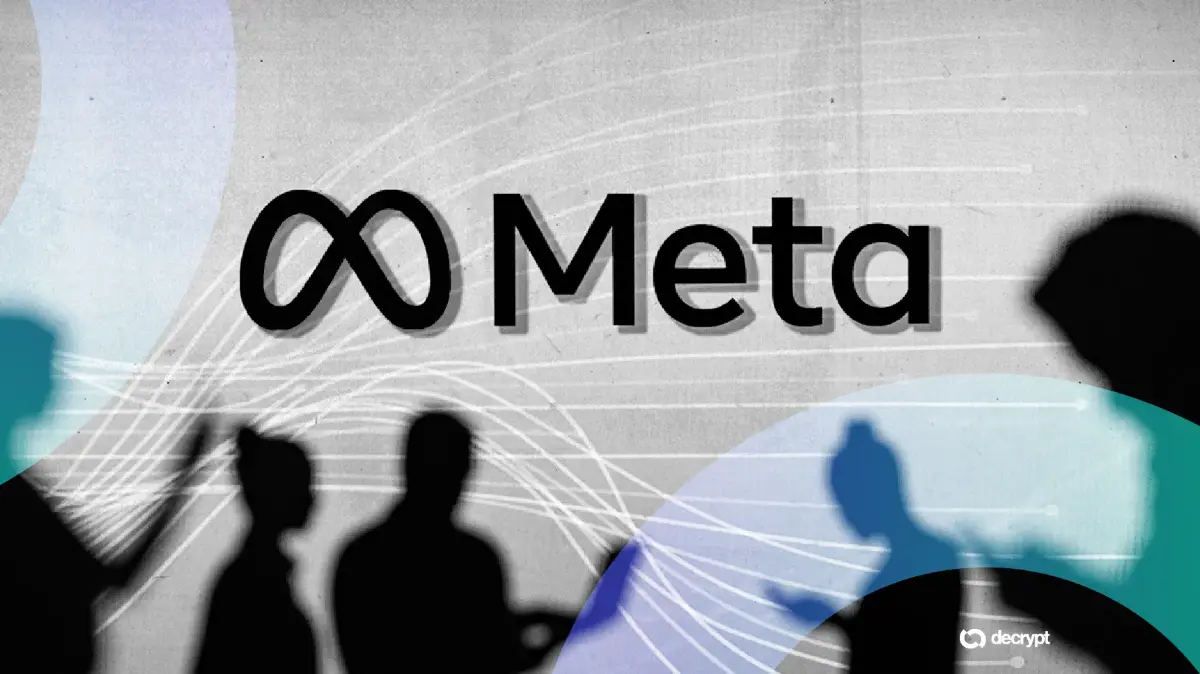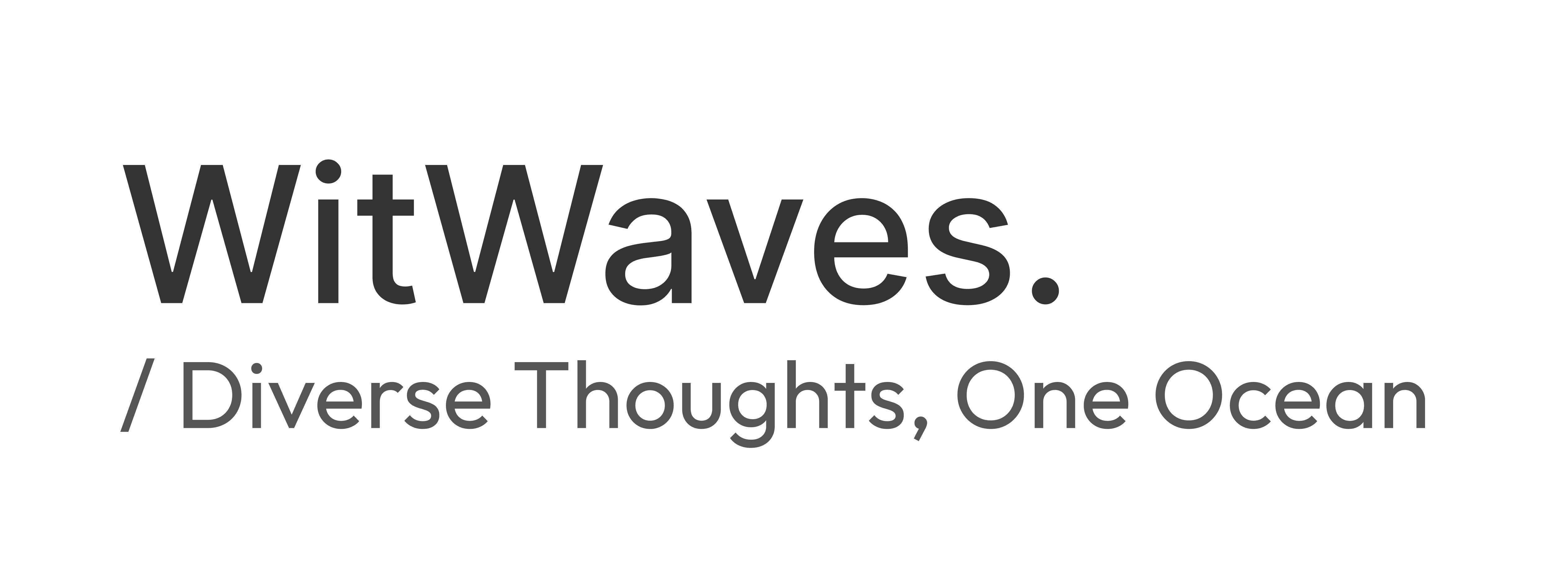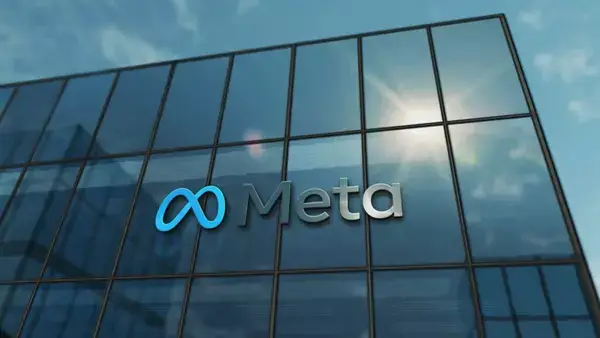A Billion-Dollar 'No' That Shocked Silicon Valley
In one of the most dramatic developments in tech talent history, Meta (formerly Facebook) reportedly offered a jaw-dropping $1.25 billion package to recruit a leading AI expert and was turned down.
This offer, revealed by Daniel Francis, founder of the AI startup Abel, is more than just a headline, it marks a watershed moment in the race for artificial general intelligence (AGI). Not only does it signal the scale of financial firepower big tech is willing to deploy, but also highlights a critical shift in values among the elite minds shaping the future of AI.
The Offer That Made History
$1.25 Billion Over Four Years: The offer translates to $312.5 million annually, easily surpassing CEO pay at most Fortune 500 companies and eclipsing even the most generous compensation packages seen in Silicon Valley.
Disclosed by Daniel Francis: “Was informed of a $1.25 billion offer for four years, new highest I’ve seen… Person said no, btw,” Francis posted, triggering viral discussions across the AI and tech community.
Identity Under Wraps: The AI expert’s identity remains undisclosed, but the refusal without drama, hype, or public attention has stunned insiders and outsiders alike.
Why Meta Is Willing to Pay So Much
Meta is racing to establish dominance in the next phase of computing: Artificial General Intelligence.
Zuckerberg’s Superintelligence Vision: Under CEO Mark Zuckerberg, Meta has assembled a high-powered “Superintelligence Team” tasked with building AGI systems that could rival human cognitive capabilities. As of July 2025, the team includes only 44 individuals, and just 2 Indians made the cut [NDTV, source 6].
Unmatched Infrastructure: Meta is constructing data clusters spanning city-sized footprints, with data center capacities projected to hit 5GW, dwarfing even most national power grids [TechSpot, source 16].
Desperation to Outpace OpenAI and Apple: Recent reports reveal that Meta previously offered $100M signing bonuses to OpenAI engineers, with mixed success. The $1.25B offer was a clear escalation, a moonshot to poach a pivotal figure who could redefine Meta’s place in the AI world [TechCrunch, source 18].

A Global War for Minds, Not Machines
The real scarcity in AI today isn’t compute or capital, it’s people.
Elite AI Experts Are Ultra-Rare: The knowledge required to design foundational models, optimize neural networks, and safely steer AGI development is concentrated in fewer than a thousand individuals worldwide.
Bidding Wars Are the Norm: As Francis noted, the AI recruitment market now resembles the transfer market in elite sports with engineers viewed as strategic assets more than employees.
Human IP: As one observer remarked, “Companies are trading engineers like intellectual property.” Their knowledge isn’t just valuable, it’s existential.
Why the Expert Said No
This is perhaps the most intriguing part of the story. Why would someone turn down $1.25 billion?
Autonomy Over Assets: Many top-tier researchers are now prioritizing independence, alignment with their values, or research freedom over money.
Mistrust of Big Tech Motives: There is a growing unease among AI insiders about aligning with companies that might commercialize or militarize AGI irresponsibly.
True Impact Over Salary: For some, the chance to work on foundational science, launch independent labs, or shape public policy is more valuable than any number on a paycheck.
Reaction From the Industry
Social Media Frenzy: Francis’s post sparked intense debate online, with some praising the AI expert’s integrity, while others questioned whether this marks the beginning of a dangerous over-commodification of human capital.
Meta’s Silence: Meta has not publicly commented on the offer or the rejection, standard practice for high-stakes recruitment efforts of this scale.
Rising Expectations: This development sets a new benchmark, not just for compensation, but for what it takes to retain and motivate top-tier AI talent in a world driven by existential technology.
What This Means Going Forward
Tech Companies Will Go Bigger: Don’t be surprised if $1B+ offers become more frequent. In an era where a single engineer could unlock trillion-dollar innovations, no price is too high.
Universities and Startups Empowered: Many top AI talents now come from independent labs or academic backgrounds. With tech giants overbidding, expect new research collectives to form outside corporate walls.
Governments May Step In: The talent war could trigger policy responses, especially as nations realize that AI supremacy is tied to national security.
Final Takeaway
Meta’s failed $1.25 billion bid is more than just an expensive rejection it’s a defining moment in the evolution of the AI era. It reflects a shift in how we value intelligence, motivation, and the future of technology. The battle for artificial general intelligence is heating up and it’s being fought not in labs or servers, but in the minds and decisions of a few extraordinary individuals.
As someone watching the AI world from the inside out, this story isn't just about numbers, it’s about the kind of future we’re building. And who gets to build it.


Comments0
No comments yet. Be the first to share your thoughts!